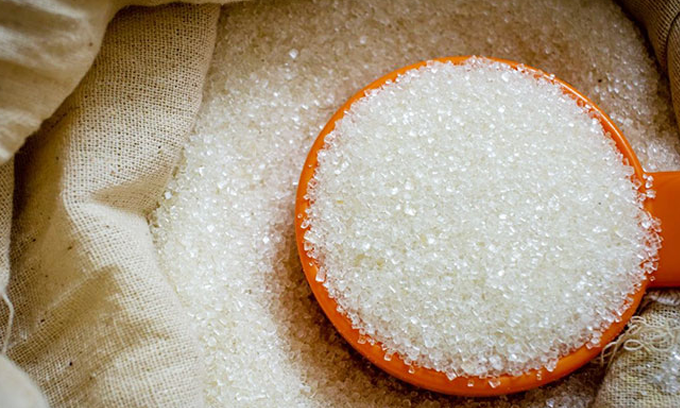Pakistan Deregulates Sugar Sector to Meet IMF Terms Economic Reform 2025
Pakistan ends sugar price controls to meet IMF Conditions , shifting to a free market model. What it means for farmers , consumers , and future prices.
Raja Awais Ali
7/30/20252 min read


Pakistan Deregulates Sugar Sector to Meet IMF Conditions, Reshaping Market Dynamics
Pakistan’s sugar sector is undergoing a major transformation as the government moves to end decades of regulation and hand over control to the private market, fulfilling a key demand of the International Monetary Fund (IMF). The decision, aimed at stabilizing the economy and ensuring continued support from the IMF, is likely to reshape the agricultural landscape and consumer pricing in the coming years.
For years, Pakistan’s sugar industry has operated under state intervention — with subsidies, fixed pricing, and trade restrictions managed by the government. While intended to protect consumers and stabilize supply, these policies often resulted in market distortions, price hikes, and favoritism toward powerful sugar mill owners.
Now, under the new policy direction, the government will step back from direct involvement. It will maintain only a strategic reserve of 500,000 metric tonnes of sugar to address emergencies and unexpected shortages. All other aspects — including pricing, imports, and distribution — will be determined by the open market.
Supporters of this reform argue that deregulation is long overdue. They believe that allowing supply and demand to set prices will encourage competition, attract investment, and improve efficiency within the sector. The government will also save billions previously spent on subsidies and imports — resources that can now be redirected to targeted welfare programs.
However, this shift comes with risks. Sugar is a staple in every household, and deregulation raises fears of price spikes and hoarding. Critics argue that without robust oversight, the market may fall into the hands of powerful cartels, leading to exploitation of consumers and small-scale farmers.
In response, the government has pledged to strengthen market monitoring, expand the Benazir Income Support Programme (BISP), and take firm action against anti-competitive behavior.
The success of this move hinges on how effectively the state ensures fair competition and protects vulnerable populations. Small farmers, in particular, must not be left behind as large mill owners gain more power in a deregulated environment.
The IMF has welcomed the move as a step toward long-term fiscal stability. For Pakistan, however, this is more than just an economic reform — it is a test of governance, transparency, and the country’s ability to balance market freedom with public protection.
The future of Pakistan’s sugar sector now rests on how well this balance is maintained. If handled properly, the reform could lead to a more resilient economy. If mishandled, it risks eroding public trust and deepening inequality.